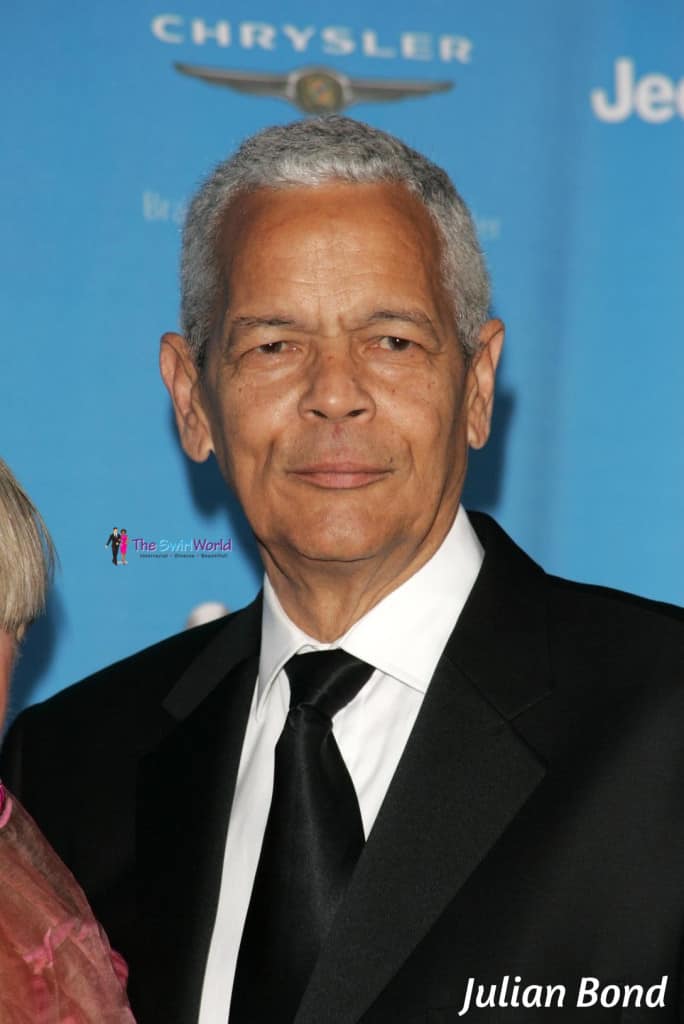How’s that for an unlikely juxtaposition? An iconic civil rights leader, a bumpkin and a blow hard.
Let me explain.
Midwestern Mindset
I was raised in the Midwest, in a small town near St. Louis. Our community was insular and lily-white. Outsiders weren’t especially welcome, particularly people of color, I am sorry to say. My family and a lot of kids in my school also bought into the whole notion that southerners were backward hayseeds who plowed with mules, walked around barefoot and didn’t have indoor plumbing. I remember Ed Wilson, the new kid in fifth grade, from someplace in Tennessee. Boy, did we ride him hard about his molasses-like drawl.
Our Opinion Of The South
And further re-enforcing that notion was Jim Nabors, AKA Gomer, a wide-eyed slack-jawed simpleton who eventually turned into a good Marine, but was a constant source of irritation to his hard-nosed drill instructor. The show was spun off from the Andy Griffith Show, which of course featured Don Knotts as Barney Fife, a clueless blowhard with delusions of grandeur. I watched both programs every week and bought into the stereotypes.
And yes, although I was not particularly politically aware up to that point, there were the George Wallaces and Lester Maddoxes of the world, with their mantras of hate. All that contributed to what I now realize was a prejudiced, skewed view of southerners as a whole.
Then along came Julian Bond.
A “New South”
I’m pretty sure the first time I became aware of him was when he was nominated for Vice President at the 1968 Democratic National Convention. He was smart, urbane and magnetic. Okay, and handsome, too. Watching him speak on the black-and-white TV in my bedroom made me realize that there was indeed a “new South” (a term just starting to come into vogue) and that people of color were to have a place at the table. Somewhat revolutionary notions for a sheltered kid barely into his teens.
Bond’s Impact
That look-see on TV – and all the other events of that momentous convention – spurred me to start reading about the civil rights movement, which hadn’t been on my radar much up to that point. The King and Kennedy assassinations earlier that year had already started the process, but from that point on, I became a political and current-events junkie.
And that helped start me down the road toward becoming a radio, TV and print journalist, a vocation that I still pursue today.
The Power Of A Lasting Legacy
I never got to meet or interview Mr. Bond, although I have been lucky enough to talk with other civil rights luminaries along the way. As an Atlanta reporter, I have interviewed his son Michael Julian Bond (an Atlanta city council member) several times, and worked with the younger Bond’s wife in a radio newsroom. Good people, both of them.
The memorial tributes for Bond have certainly made the main points of his life clear, from his days with the Student Nonviolent Coordinating Committee to serving in the Georgia House and Senate, his failed Congressional bid, his co-founding of the Southern Poverty Law Center and his longtime presidency of the NAACP. That track record makes clear his work ethic, commitment to the movement and ability to get things done.
But on occasion, what is “history” to most of us becomes “personal” to one of us. And sometimes that helps to change thinking and perspective. And for that, Mr. Bond, I thank you.
Mark Woolsey is a veteran broadcaster, freelance writer and aspiring blogger. This is his first piece for The Swirl World – stay tuned for more!
Copyright ©2015 Michelle Matthews Calloway, ASwirlGirl™, The Swirl World™, The Swirl World Podcast™, The Swirl World Inspiration Daily™, Swirl Nation™, All rights reserved. Photo of Julian Bond licensed to The Swirl World™.





Experiences over a period of time. That’s the only way. No shortcuts, no instant community, just add water. 🙂
Ah, community! I do remember when more people felt a strong sense of community. Sigh. We so strive to build a sense of community in The Swirl World. A great and lofty goal, indeed!
Manipulation, based upon crass opportunism more than anything else. Cutthroat “normalcy.” Anyone remember the notion of community?
That’s an excellent point – and good for Julian Bond. I don’t like when people try to “call somebody out” in an effort to force them to do something they want the individual to do. Manipulation, pure and simple. What’s funny is that this happens in in the blogging world all the time. SMH
Julian Bond set a good standard for dignity in 1986 when, as a congressional candidate, her refused to heed calls by his election opponents that he take a drug test, part and parcel of the then-new “War on Drugs,” such tests becoming like loyalty oaths during the Cold War. He lost, but would not bend his principles.